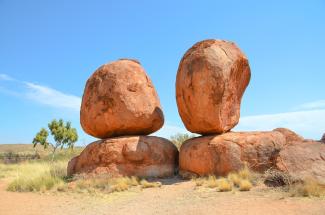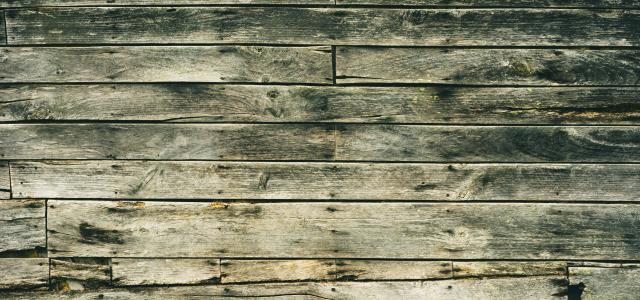
Breaking My Stones
By Thomas Morrone, CFP®, CPA
For some of you, reading this article may make you cringe as you recall your pain from a personal experience of dealing with kidney stones. If you’re in the lucky half of the population who has dodged this bullet, be thankful. The rumor is that kidney stones can be more painful than childbirth, and while I’m not willing to take on that philosophical argument, I think anyone who has passed a stone will agree that is not something they’d willingly do again. I have two encounters with the nasty little things, both of which I’d like to forget.
The first episode was about 10 years ago, but I remember the incident as if it happened yesterday. The second time was this past September (… add it to the list for 2020!). Both times, I ended up in the emergency room in excruciating pain. Thankfully, Cathy was there both times to help me navigate the situation. I share this not to look for sympathy, but to share my wisdom and provide some information on how to minimize the likelihood of such an occurrence in your lives.
My daughter-in-law, Jill, is an RN that specializes in urology. During my most recent bout with the stones, I was blessed to have someone on the inside who helped get me the treatment I needed and, subsequently, enrolled me in a kidney stone educational program to help me avoid future issues. The short story – stones are preventable, if you’re disciplined. Without getting into any details about the program regarding testing done on the front end, I want to share some of the highlights that were my takeaways from my thorough consult on the backend. Some of the items I was already aware of, but admittedly, didn’t take serious enough over time to be effective. Other items need to be woven into my day-to-day life to create a consistent, healthy routine.
- Drink plenty of fluids. This is such a basic concept that is good for overall wellness but paramount and the most important preventive step regarding kidney stones. The goal is to drink 100 ounces per day. The volume of fluid “flushes” your system and makes it harder for the stones to grow and if they do form, hopefully they are small enough to be passed pain free.
- Monitor sodium intake to 1,500-2,000 milligrams per day. Many processed and prepackaged foods are extremely high in sodium as preservatives. Fresh mozzarella and swiss cheese are the better of the cheeses, if you must have cheese. Also, canned soups and canned vegetables as well as items such as ketchup, barbecue sauce, soy sauce, pickles and many bottled salad dressings can be very high in sodium. The key when in the grocery store is to read the labels and know the sodium content of what you are purchasing. Try not to add salt to food while cooking or at the table. One teaspoon of salt can contain 2,300 milligrams of sodium.
- Watch the types of protein consumed and how they are prepared. Fresh meat and fish are preferred to cured meats (bacon, sausage, pepperoni, ham & hot dogs) or smoked fish.
- Eat plenty of fresh fruit and vegetables. Eating fresh citrus fruits such as oranges, grapefruit and pineapple has benefits. Drinking fruit juice instead of eating fruit adds a high sugar content and is not a good alternative.
I’m certainly not a medical professional, but the reality is there is no ‘secret sauce’ here. These are some of the highlights to having a diet to help reduce the likelihood of having kidney stones, and I guarantee that just about every one of you has heard similar iterations of this from your PCP, cardiologist or urologist as well. As with any food consumption, eating is all about moderation.
Pizza, pasta, and cheese will always be part of my diet, just in moderation. Oh yea, and wine, too! Stay healthy.
Until the Next Tom’s Take…
Tracking #1-05084906

